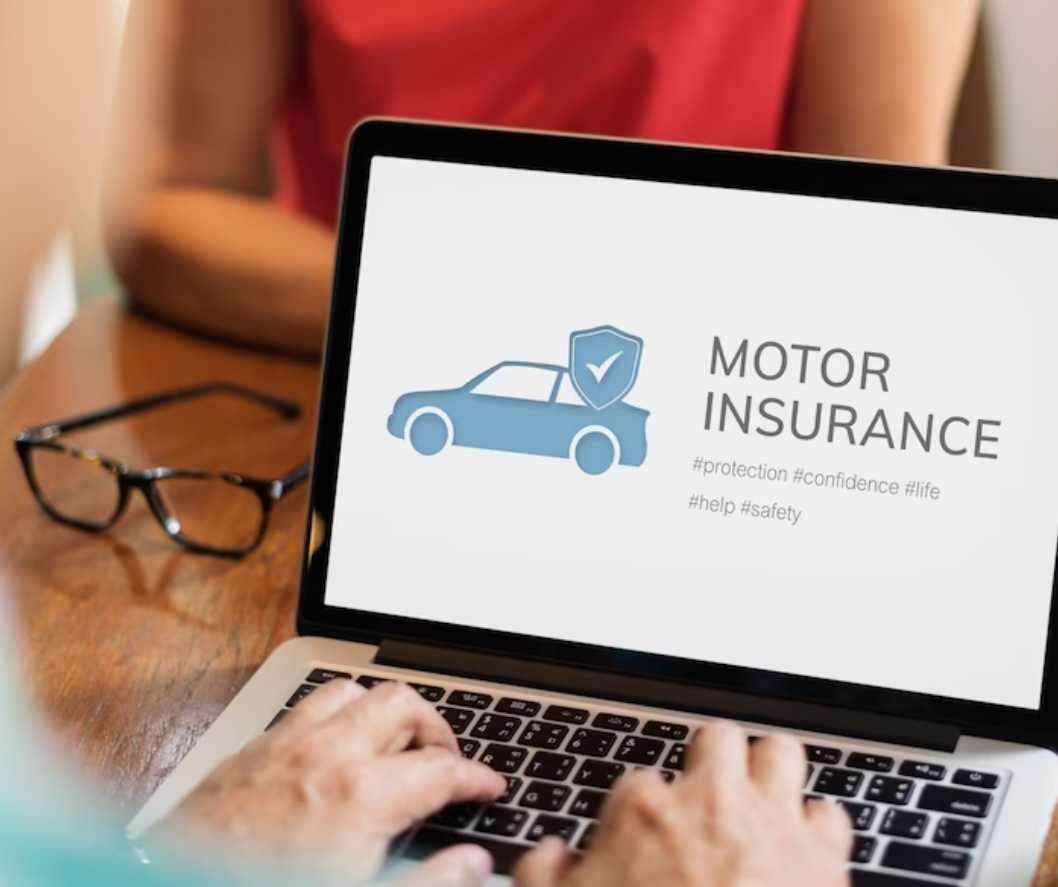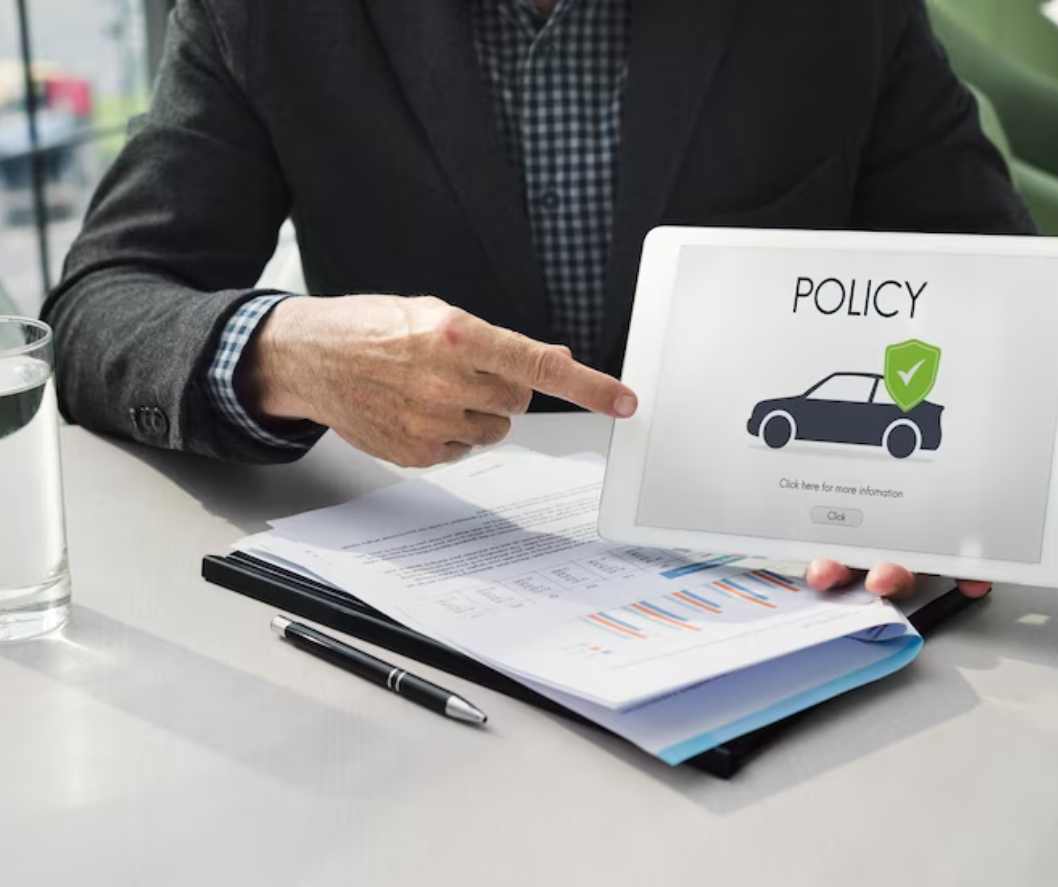
Unlocking the Power of Vehicle Insurance: Tips for Making Informed Decisions
In a world where uncertainty can strike any moment, having the right protection for your vehicle is paramount. Vehicle insurance, often considered a financial safeguard, can rescue you from unexpected mishaps and financial burdens. This article is dedicated to unraveling the intricate web of vehicle insurance, equipping you with the knowledge needed to make well-informed decisions that protect your wallet and peace of mind.
The Importance of Vehicle Insurance
Imagine a scenario: you’re cruising down the highway, wind in your hair and music in the air, when suddenly, an unforeseen accident shatters the serenity. This is where vehicle insurance steps in, turning an otherwise chaotic event into a manageable situation. Vehicle insurance serves as a shield, providing financial aid to cover damages, medical expenses, and legal liabilities arising from accidents or other mishaps.
Understanding the Complexities
However, navigating vehicle insurance isn’t always a straightforward journey. The intricacies can be overwhelming, from deciphering different coverage types to understanding the factors influencing premium rates. That’s why it’s crucial to delve into the nuances to confidently steer your way through the insurance landscape.
Why Vehicle Insurance Matters
At its core, vehicle insurance matters because it transforms potential financial ruin into a manageable setback. Accidents happen; when they do, the expenses associated with repairs and medical bills can escalate quickly. Vehicle insurance ensures you’re not left grappling with these costs alone, providing you with a safety net that preserves your financial stability.
Safeguarding Your Investment: Why Every Vehicle Needs Insurance
Legal Requirements and Minimum Coverage
Before diving into the specifics of coverage options, it’s important to address the legal aspect. In most places, vehicle insurance isn’t just a choice—it’s a legal requirement. Minimum coverage mandates vary by location, but they generally include liability insurance, which covers bodily injury and property damage caused by you in an accident. Familiarizing yourself with these requirements is the first step in being a responsible vehicle owner.
Types of Vehicle Insurance
As you embark on your insurance journey, you’ll encounter various coverage types, each catering to different protection aspects. Let’s take a closer look at some of the most common options:
Exploring Comprehensive Coverage
Comprehensive coverage goes beyond accidents, encompassing damage caused by theft, vandalism, natural disasters, and more. It is a safety net for unexpected events that can damage your vehicle.
Understanding Liability Insurance
Liability insurance steps in when you’re at fault in an accident. It covers repairing the other party’s vehicle and medical expenses for their injuries. This coverage is essential for safeguarding your assets in case of a lawsuit.
Unpacking Collision Coverage
Collision coverage focuses on repairing or replacing your vehicle if it’s damaged in an accident, regardless of who’s at fault. It’s particularly important for new or high-value vehicles.
The Benefits of Personal Injury Protection (PIP)
Personal Injury Protection, or PIP, covers medical expenses for you and your passengers in the event of an accident. It’s especially useful if you don’t have health insurance.
Navigating Uninsured/Underinsured Motorist Coverage
This coverage comes to the rescue when you’re in an accident with a driver without insurance or sufficient coverage. It ensures you’re not left footing the bill for someone else’s negligence.
Factors Affecting Insurance Premiums
The Role of Vehicle Type and Age
The type and age of your vehicle play a significant role in determining your insurance premiums. Newer, more valuable vehicles often have higher premiums due to the cost of repairs or replacements.
How Your Driving Record Impacts Premiums
Your driving record speaks volumes about your risk level as an insured driver. A history of accidents or traffic violations can lead to higher premiums, while a clean record can result in lower rates.
Location, Location, Location: Geographic Influence on Rates
Believe it or not, where you live matters to insurance companies. Urban areas with higher rates of accidents and theft may lead to higher premiums.
Credit Score’s Influence on Insurance Costs
Your credit score isn’t just a factor when applying for loans—it can also affect your insurance rates. Insurers often use credit-based insurance scores to assess risk and determine premiums.
Deductibles and Their Effect on Premiums
Your deductible—the amount you pay out of pocket before insurance kicks in—affects your premium. Higher deductibles generally lead to lower premiums, but choosing a deductible you can comfortably afford is important.
Coverage Limits and Deductibles
Choosing Appropriate Coverage Limits
Selecting the right coverage limits can be a delicate balancing act. While higher limits provide more protection, they also come with higher premiums. Assess your financial situation and the value of your assets to make an informed decision.
High vs. Low Deductibles: Pros and Cons
Opting for a higher deductible can reduce your premium, but it also means you’ll pay more out of pocket in case of an accident. On the other hand, a lower deductible means higher premiums but lower upfront costs when a claim is filed.
Finding the Right Balance for Your Needs
Ultimately, finding the right balance between coverage limits and deductibles requires considering your financial situation, driving habits, and comfort level with risk.
Comparing Insurance Providers
Researching Different Insurance Companies
Not all insurance companies are created equal. Take the time to research and compare various providers to find the one that aligns with your needs and offers reliable customer service.
Reading Reviews and Seeking Recommendations
Reviews from other policyholders can provide valuable insights into an insurance company’s reputation and claims process. Additionally, seeking recommendations from friends and family can help you narrow your options.
Understanding the Claims Process
When the unexpected occurs, a smooth claims process becomes invaluable. Research how each insurer handles claims and whether they offer online or mobile claim filing options for added convenience.
Discounts and Savings
Bundling Policies: Auto and Home Insurance
Many insurers offer discounts when you bundle your auto and home insurance policies. This can lead to significant savings while simplifying your insurance management.
Safe Driver Discounts and Incentives
Maintaining a clean driving record can unlock discounts and incentives from your insurer. These rewards acknowledge your responsible driving habits.
Exploring Pay-As-You-Drive (PAYD) Programs
Some insurers offer PAYD programs that monitor your driving behavior and adjust your premium accordingly. If you’re a cautious driver, this could result in substantial savings.
Student and Good-Grade Discounts
You might be eligible for discounts based on your academic performance if you’re a student. Insurance companies often reward good grades with lower premiums.
Loyalty and Longevity Benefits
Staying loyal to your insurance provider can pay off in the long run. Many insurers offer loyalty benefits and reduced rates for long-standing policyholders.
Reading the Fine Print
Policy Exclusions: What’s Not Covered
It’s crucial to read and understand the fine print of your policy. Certain events or situations might be excluded from coverage, and being aware of these exclusions can prevent surprises down the road.
Conditions and Limitations to Be Aware Of
Insurance policies come with conditions and limitations that might affect your coverage. These could include restrictions on driving certain vehicles or limitations on coverage during specific activities.
Special Considerations for Vintage or Modified Cars
Standard insurance might not provide adequate coverage if you own a vintage or modified car. Explore specialized policies that cater to the unique needs of these vehicles.
Understanding Claims
Steps to Take After an Accident
In the aftermath of an accident, your safety is paramount. Ensure that everyone involved is safe and seek medical attention if needed. If possible, move your vehicle to a safe location to avoid further hazards.
Filing a Claim: Dos and Don’ts
When filing a claim, there are certain best practices to follow. Do report the incident promptly and accurately, but don’t admit fault or sign any documents without understanding them.
Dealing with Adjusters: Tips for a Smooth Process
Insurance adjusters will assess the damage and determine the value of your claim. Be cooperative, provide accurate information, and document the damage with photos to facilitate the process.
Managing Premiums and Policies
Periodic Review: Assessing Your Coverage
As life evolves, so do your insurance needs. Regularly review your policy to ensure it aligns with your circumstances and make adjustments as necessary.
Updating Policies as Life Changes Occur
Major life changes—such as getting married, having children, or moving—can impact your insurance requirements. Keep your insurer in the loop to maintain adequate coverage.
Policy Renewals: What to Watch For
When your policy is up for renewal, take the opportunity to reassess your coverage and compare rates from other insurers. Loyalty is important, but not at the expense of potential savings.
Staying Informed and Engaged
Regularly Reviewing Your Policy
Don’t let your policy gather dust—review it regularly to ensure it meets your needs. Consider contacting your insurer to discuss any changes or updates you’re considering.
Staying Up-to-Date with Insurance Laws and Regulations
Insurance regulations can change over time, impacting your coverage requirements. Stay informed about relevant laws to ensure your policy remains compliant.
Seeking Professional Advice When Needed
If the insurance world feels overwhelming, don’t hesitate to seek guidance from insurance professionals. Their expertise can help you navigate complex scenarios with confidence.
Conclusion
In a world filled with uncertainties, vehicle insurance provides a solid foundation of financial security. Armed with the insights shared in this article, you’re now equipped to make informed decisions about your coverage. By understanding the nuances of vehicle insurance, you can confidently navigate the road ahead, knowing that you’ve unlocked the power of protection.
FAQs
- Is vehicle insurance legally required?
Yes, in most places, having vehicle insurance is legally required to drive on public roads.
- What factors affect my insurance premiums?
Your driving record, vehicle type, location, credit score, and chosen coverage options all influence your insurance premiums.
- Can I bundle my auto and home insurance policies?
Absolutely. Bundling policies can lead to discounts and make managing your insurance easier.
- How often should I review my insurance policy?
Reviewing your policy annually and whenever major life changes occur is advisable.
- What should I do after an accident?
Ensure everyone’s safety, seek medical attention if necessary, and promptly report the incident to your insurer.





